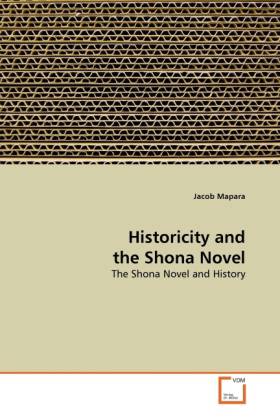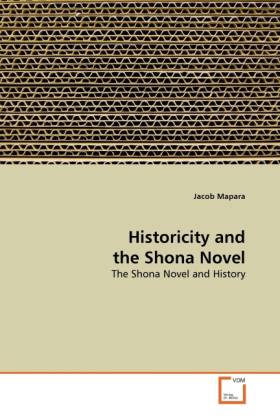
- Afhalen na 1 uur in een winkel met voorraad
- Gratis thuislevering in België vanaf € 30
- Ruim aanbod met 7 miljoen producten
- Afhalen na 1 uur in een winkel met voorraad
- Gratis thuislevering in België vanaf € 30
- Ruim aanbod met 7 miljoen producten
Zoeken
Omschrijving
This book argues that the Shona novel is an alternative, reliable and valid source of history. It has the advantage over other sources in that it is usually more up to date when compared to other historical documents. It does this by corroborating what is found in the studied Shona novels and what is found in published historical texts and other related documents. The major highlights of the book are the position of women in pre-colonial Zimbabwe and the life of black workers under Rhodesian settler rule both in the urban areas and on farms. It also focuses on the education that was availed to blacks and how the blacks' thirst for education was used by white farmers to exploit cheap black labour. The book also analyses the war of liberation and how people were recruited in the early stages of the war. It ends by focusing on the post-independence problems as depicted in the Shona novel.
Specificaties
Betrokkenen
- Auteur(s):
- Uitgeverij:
Inhoud
- Aantal bladzijden:
- 104
- Taal:
- Engels
Eigenschappen
- Productcode (EAN):
- 9783639316452
- Verschijningsdatum:
- 17/02/2011
- Uitvoering:
- Paperback
- Formaat:
- Trade paperback (VS)
- Afmetingen:
- 152 mm x 229 mm
- Gewicht:
- 163 g

Alleen bij Standaard Boekhandel
+ 96 punten op je klantenkaart van Standaard Boekhandel
Beoordelingen
We publiceren alleen reviews die voldoen aan de voorwaarden voor reviews. Bekijk onze voorwaarden voor reviews.











